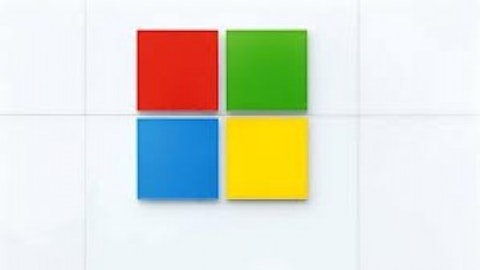Editor’s Note: Related tickers: Facebook Inc (NASDAQ:FB), Microsoft Corporation (NASDAQ:MSFT), Google Inc (NASDAQ:GOOG)
Most investors think of the tech world in terms of financial metrics, product roadmaps, and analyst estimates alone, but there’s one area that is often overlooked, which has an important factor on any company’s future: the courtroom. From patent lawsuits to the more monotonous cases described below, these battles occur beneath the underbellies of the tech titans, but are still important for investors to be aware of.
Facebook victory
Facebook Inc (NASDAQ:FB) was the latest major tech company to take on “typosquatters” or “cybersquatters,” and after some mixed results by a couple brethren Microsoft Corporation (NASDAQ:MSFT) and Google Inc (NASDAQ:GOOG)—more on that below. Facebook Inc (NASDAQ:FB) CEO Mark Zuckerberg has struck a blow in favor of the tech giants, of whom many of these “squatters” try to take advantage simply by having bad or fast spellers on keyboards.
A federal court ruled in favor of Facebook Inc (NASDAQ:FB), awarding it more than 100 domain names and about $2.8 million in damages in a case against several “typosquatters,” who had created a number of domains based on the misspelling of facebook.com and profiting from those mistakes by users. Some of the offending domains that will now be controlled by Facebook Inc (NASDAQ:FB) include “gacebook.com” and “dacebook.com.” Some of these domains wound up directing traffic away from Facebook and onto suspicious or malicious web sites.
“We are pleased with the court’s recommendation. We will continue to use all the tools at our disposal to enforce against those who attempt to take advantage of the people who use our service,” said Facebook Inc (NASDAQ:FB) attorney Craig Clark in a statement.
Facebook Inc (NASDAQ:FB) has been an active crusader against typosquatters, having collected a number of other domains totaling in the hundreds in past cases. This, however, is believed to be the first case that involved a judgment of liability damages being paid. If this precedent holds in the future, the lucrative underground business of typosquatting might become endangered.
While Facebook Inc (NASDAQ:FB) has had a series of victories against these cyberpirates, as they are sometimes called, other companies have had mixed results.
A couple not-so-lucky cases
Microsoft Corporation (NASDAQ:MSFT) was involved in a pretty famous typosquatting case, when Canadian teen and part-time web designer Mike Rowe decided to create the domain name of MikeRoweSoft.com for his business. Microsoft at first offered the young man $10 for his fun, but Rowe decided to hold out for more. Since Microsoft Corporation (NASDAQ:MSFT) was able to paint Rowe as someone looking to profit from the domain by selling it to Redmond, the company got a cease-and-desist order against Row. Now that domain leads to a Bing search page with “Microsoft vs. MikeRoweSoft” at the top.
Google Inc (NASDAQ:GOOG) was also involved in a similar case, but that turned out a little differently.In another situation, Google lost a typosquatting case last summer against the owner of the site Oogle.com. Google filed a claim against Oogle.com, which was a domain that led users to porn sites. Google Inc (NASDAQ:GOOG) claimed it was easy for users to misspell google.com and go to the adult site, but the owner of the Oogle.com domain was able to argue successfully – though the National Arbitration Forum had “suspicions” about the claim – that he registered the domain before Google had become so popular. Google Inc (NASDAQ:GOOG) lost the case because it was unable to prove bad faith” on the part of the Oogle.com owner to register its own domain, which was a critical factor in ruling that a case of typosquatting had occurred. So Oogle.com was allowed to remain.



